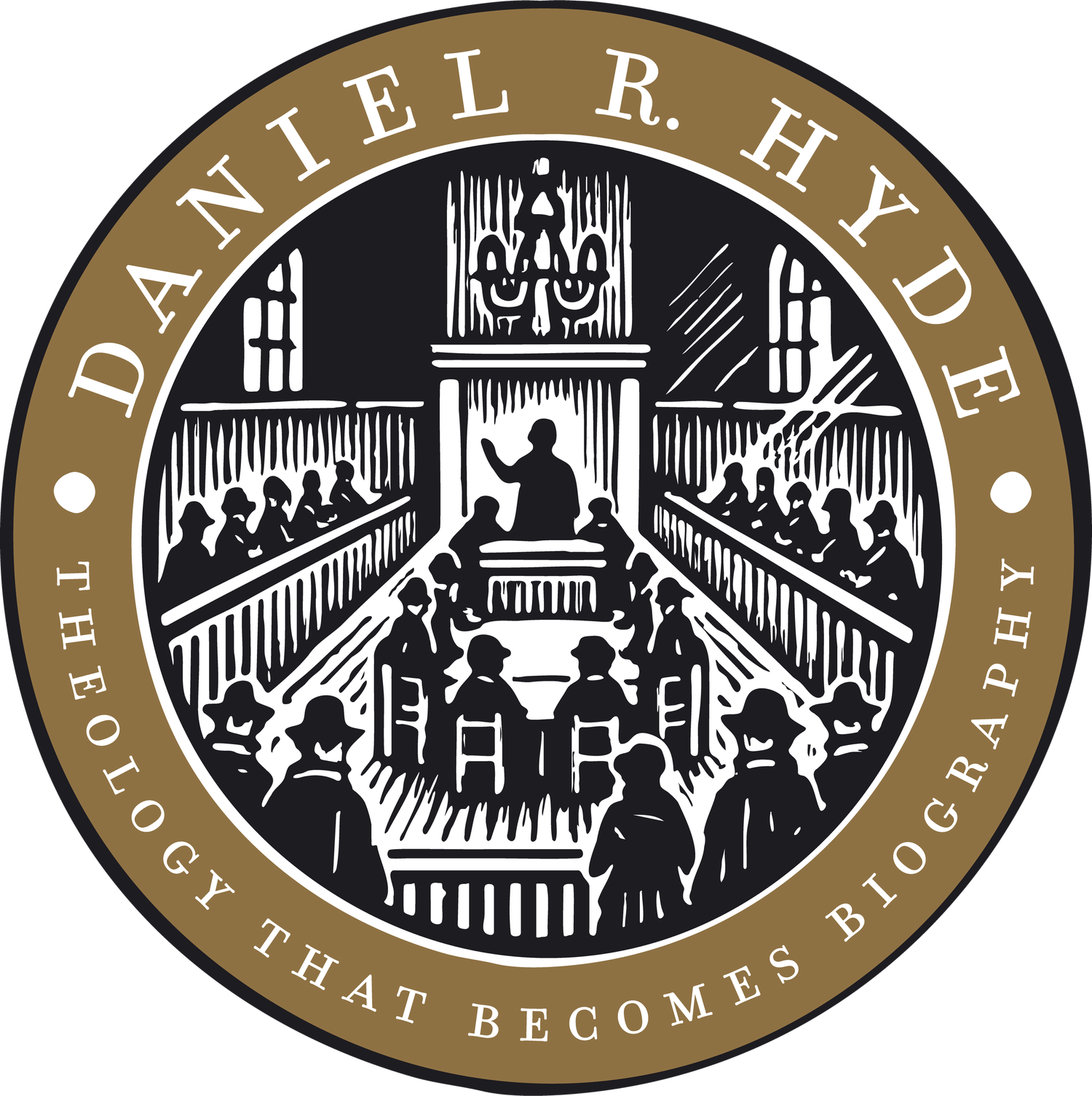“Lutheran Puritanism? Adiaphora in Lutheran Orthodoxy and Possible Commonalities in Reformed Orthodoxy.” American Theological Inquiry 2:1 (January 2009): 61–83.
In this academic journal article, Dr. Daniel R. Hyde delves into the often-misunderstood Lutheran concept of adiaphora—“indifferent matters” in worship such as ceremonies and rituals—tracing its development from the Augsburg Confession through tumultuous controversies to the Formula of Concord. Hyde challenges simplistic caricatures by highlighting how Lutherans rejected rites that undermined justification by faith alone, sometimes adopting a "Puritan-esque" stance against Roman Catholic impositions, while retaining practices for peace and order. Exploring historical polemics with Rome and Calvinists, the article uncovers surprising common ground between confessional Lutheran and Reformed orthodoxies, particularly in the free celebration of evangelical feast days like Christmas and Easter as expressions of Christian liberty rather than obligation. This insightful study fosters greater appreciation for Lutheran liturgics and bridges divides in Reformation theology, making it essential reading for scholars and enthusiasts of church history and worship practices.

